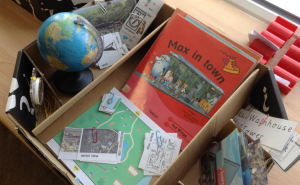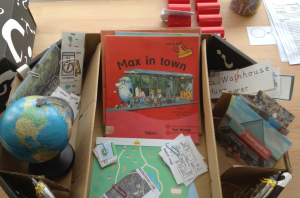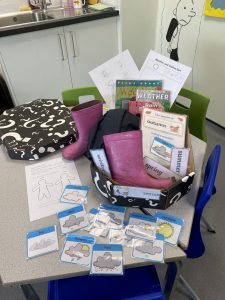At Beech Hill we believe that Geography can inspire children with a curiosity and fascination about the world in which they live. Geography naturally allows children to pose and answer questions about the natural and human worlds, encouraging children to develop a greater understanding of the world and their place within it.
Through teaching geographical skills, our learners develop a range of investigation and problem solving skills that are transferable to other curriculum areas and can be used to promote children’s spiritual, moral, social and cultural development. We want our children to develop geographical skills; collecting and analysing data, using maps, globes, atlases and digital mapping to name and identify countries, continents and oceans as well as communicating information in a variety of ways.
We want children to enjoy and love learning about geography by gaining knowledge and skills, not just through experiences in the classroom but also with the use of educational visits, visitors in school and fieldwork.
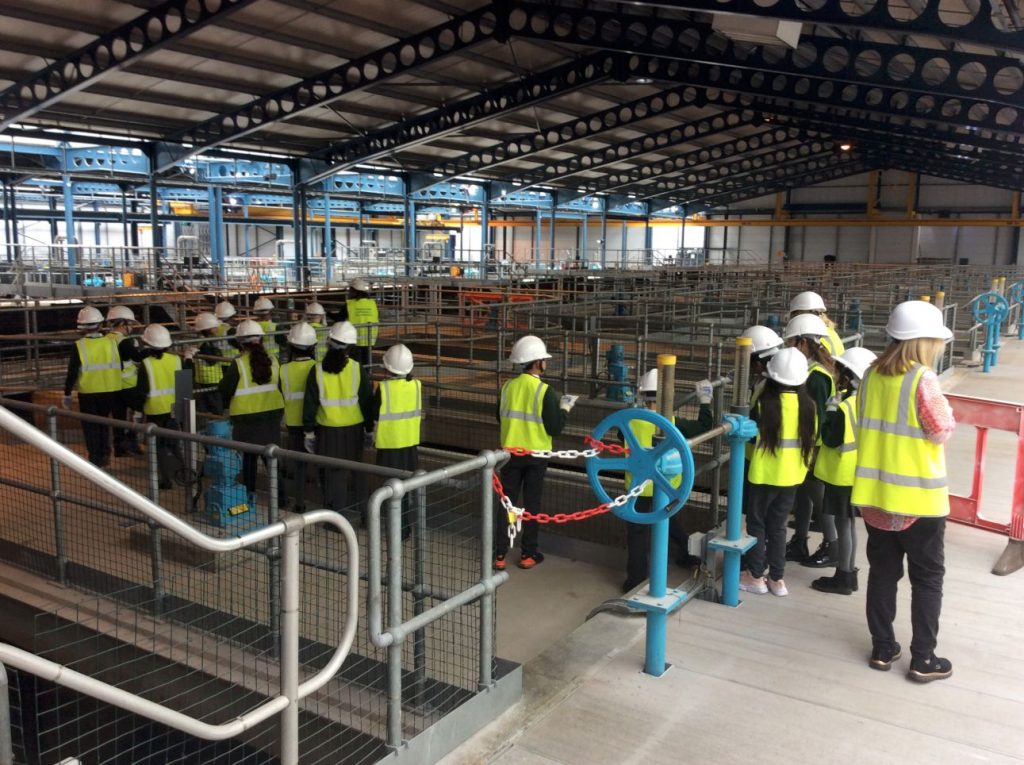
How our geography curriculum is constructed
For years 1 – 6, we follow the National Curriculum as defined by the Department for Education.
The geography curriculum is underpinned by providing our children with wider opportunities, independent learning and basic skills.
Geography is taught in Years 1-6 through a topical theme in specific half terms throughout the year.
These themes have been established to ensure that chronological understanding is sequenced, relevant and can support children in building upon prior learning. A body of key knowledge in the form of ‘Must Know Facts’ is established for each geographical topic. The unit is planned in a way so that these facts are recapped and revisited to encourage retention. Lessons are then planned against a progressive set of geographical skills taken from our in-house progression of skills document.
Why? We teach geography in themed half terms as it allows greater opportunity for children to draw on knowledge from other subject areas and form a wider subject basis. We regularly link our English unit to our geographical topic. Teaching geography in this way supports the learning in other subjects to give a contextual understanding as well as supporting retention.
In early years geography is taught under the area of Understanding The World.
Geography Progression and Overview
Geography Must Knows
Below, are a selection of the Must Knows that we provide for each year group, for each geography topic covered. These Must Knows are designed to be used at home by parents as part of homework and revision, in school to supplement work in lessons and to recap previous learning. We want every pupil to be able to recall the facts given on the sheet but also to research further into the information provided. These are carefully structured so that knowledge and vocabulary are sequenced and built upon over time. We are confident that these Must Knows will help our children to develop and retain key knowledge on a wide range of topics and will significantly improve their vocabulary.
A full range of geography Must Knows can be found on each class’ Seesaw account
Cultural Capital in Geography
‘It is the essential knowledge that pupils need to be educated citizens, introducing them to the best that has been thought and said and helping to engender an appreciation of human creativity and achievement.’
Ofsted School Inspection Handbook 2019
Cultural Capital at Beech Hill is something we are passionate about throughout all subjects. Geography is a topic that lends itself well to developing cultural capital. We are excited about delivering knowledge and making educated citizens who learn from the events, people, ideas we study.
We aim to provide at least one high quality geographical trip and/or visitor for each year group throughout the year for our pupils to gain a wider context to their unit of study. Children are then able to apply their knowledge to a more ‘concrete’ experience and bring their learning to life.
Carefully sequenced geographical vocabulary ensures that our children move up through our school with a vocabulary basis that can be applied to a new topic and support their geographical understanding.
Our fantastic working walls
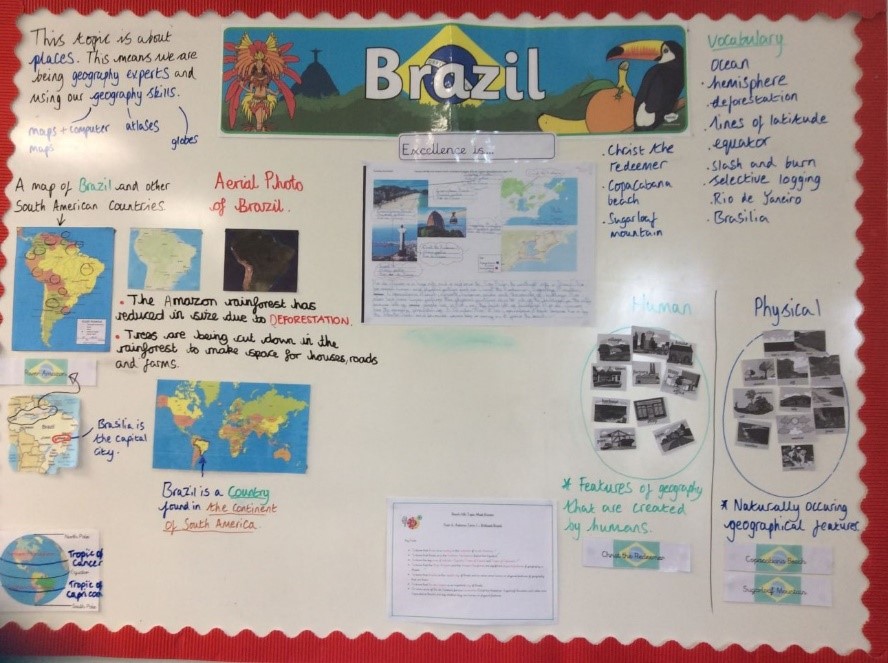
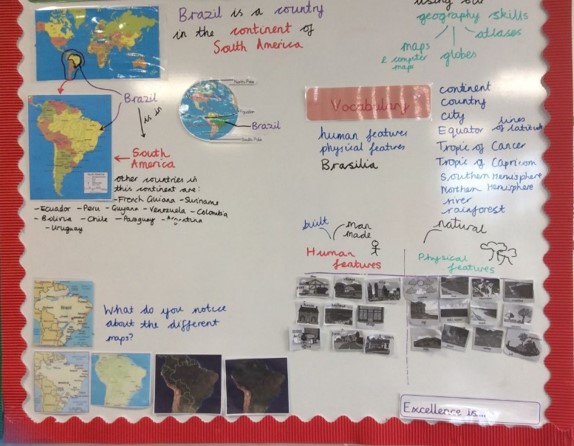
Talking Tubs
In geography we use talking tubs to support our learning. The talking tubs are filled with vocabulary and practical resources. This helps us to recap prior learning, learn new vocabulary and have resources readily available to us during our lessons.
